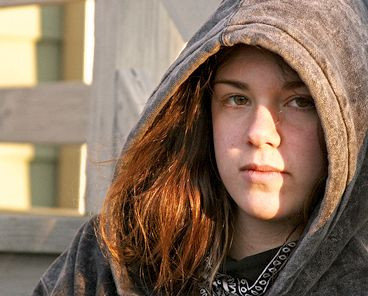Women have more intense emotions than men when conflict arises within the couple

Women feel their emotions more intensively than men when a conflict arises within the couple. Conversely, it is men –who mostly express "powerful emotions" as wrath or despise– who cause conflicts more frequently.
This is the conclusion described in an article published in the journal Intervención Psicosocial prepared by professors from the Department of Social Psychology of the University of Granada, Inmaculada Valor Segura, Francisca Expósito y Miguel Moya. This study analyzed the type of interpersonal emotions than men and women feel when they face different conflicts within the couple, and the effect that emotions have on the recurrence of conflicts.
A sample fo 142 students 󈞷 women and 67 men- from the University of Granada participated in the study. They were placed in five different conflictive situations. In general terms, the results showed that men and women have different emotions in conflictive situations.
Thus, when facing a situation where "my partner offends me or treats me disrespectfully", women felt miserable, while the situation "if my partner is physically aggressive during an argument" women felt more disappointed than men. In the situation "mi partner shouts at me with frequency", women felt more sadness, while men felt guilt. In the situation "if my partner distorts an argument to be right" women feel sadness, while men feel embarrasment.
Powerful and non-powerful emotions
As the research authors state, a priori one could expect men to express more domineering or "powerful" emotions –as wrath, anger or despise–, and women to have more submissive attitudes –guilt, sadness or fear–. The results have proved that women feel more intense emotions, both powerful and non-powerful.
In the light of the results obtained, the University of Granada researchers think that "the socio-cultural context and gender-based roles assigned to men and women respectively might have a relevant influence on the generation of expectations concerning their role in relationships and in conflicts within the couple". Thus, as society establishes certain rules on the composition of men-women relations, it also establishes some rules on how both are expected to act in certain conflictive situations".



























